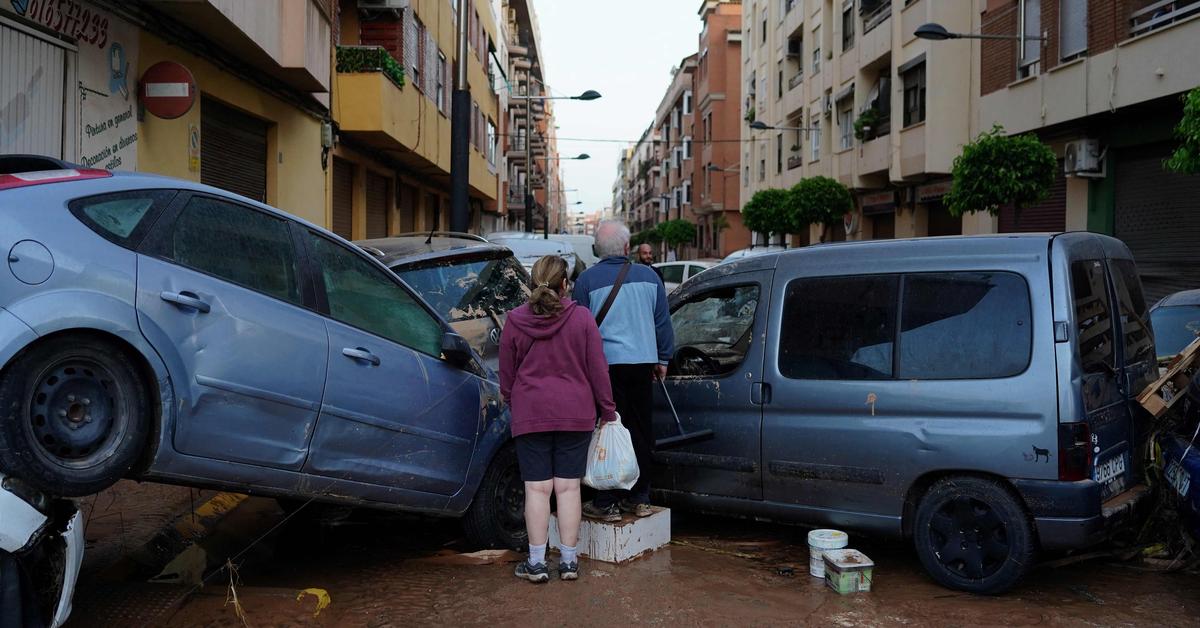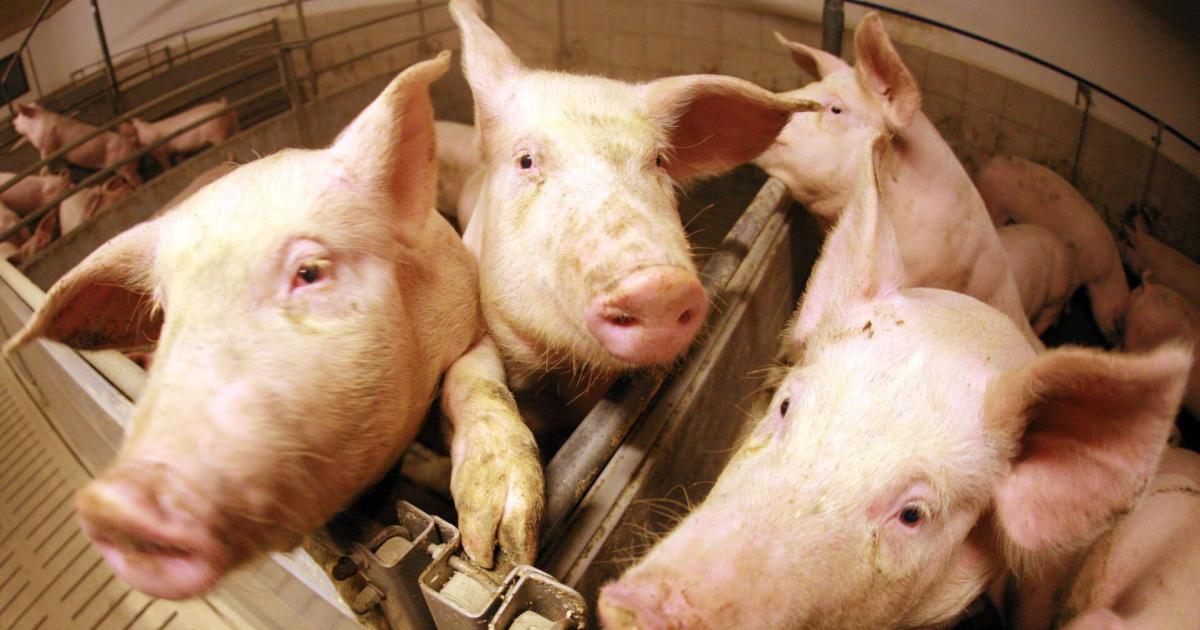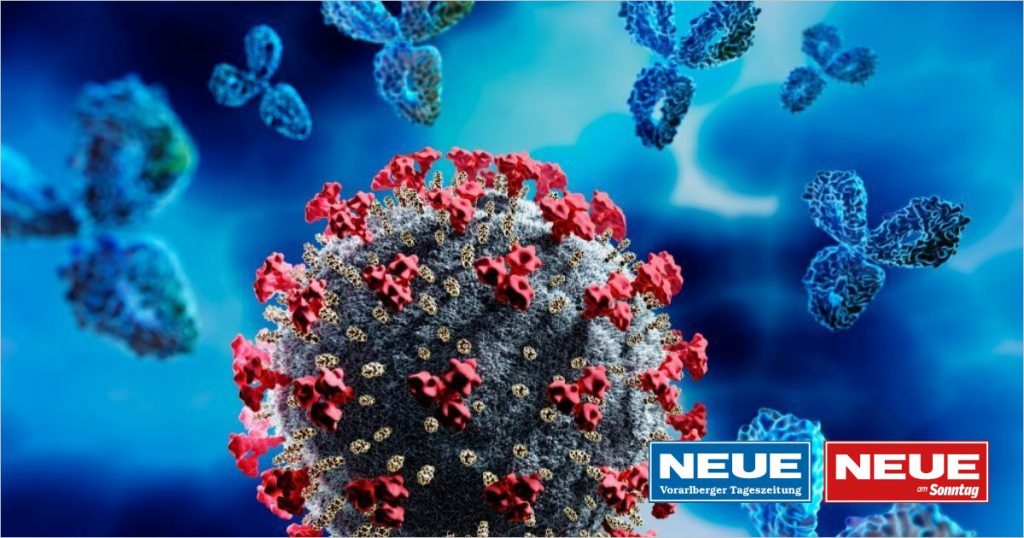Generally
Today • 12:41 PM
/ 2 minutes reading time
Protection is provided only by antibodies against the folded RBD.
About twenty percent of people who have recovered from Covid-19 do not develop immune protection against SARS-CoV-2. Researchers at MedUni Vienna came to this conclusion in a study. Protection against docking and penetration into cells of the body is established only if antibodies are formed against the folded receptor-binding domain (RBD) of the spike protein. However, some people cannot do this, perhaps even with current vaccines.
Antibody response analysis
In a follow-up study now published in the specialist journal “Allergy,” allergist and immunologist Valenta and his team analyzed the antibody response of a larger group after mild and severe infection with SARS-CoV-2. The study was carried out with the help of microarray technology developed at MedUni Vienna, where a large number of virus antigens are applied to a microscopic slide by the machine. In addition, overlapping protein fragments (peptides) of these viral antigens were fixed, covering the entire spike protein on which the receptor-binding domain (RBD) is located. With this, SARS-CoV-2 binds to the ACE2 receptor of human cells.
Achilles heel virus
High levels of antibodies against the folded spike protein and especially against the RBD it contains prevent the virus from binding to human body cells, so the conclusion. However, if someone is unable to raise antibodies against the folded RBD, they are poorly protected. The researchers also showed that only the folded RBD, but not the unfolded RBD, generates immune protection upon vaccination. Therefore, since currently used genetic vaccines mimic infection, it is possible that vaccine breakthroughs may be explained by a lack of antibodies against the folded RBD.

“Total coffee aficionado. Travel buff. Music ninja. Bacon nerd. Beeraholic.”







More Stories
Exploding Fireball: Find the meteorite fragments
Neuralink's competitor lets blind people see again with an implant
A huge meteorite has hit Earth – four times the size of Mount Everest